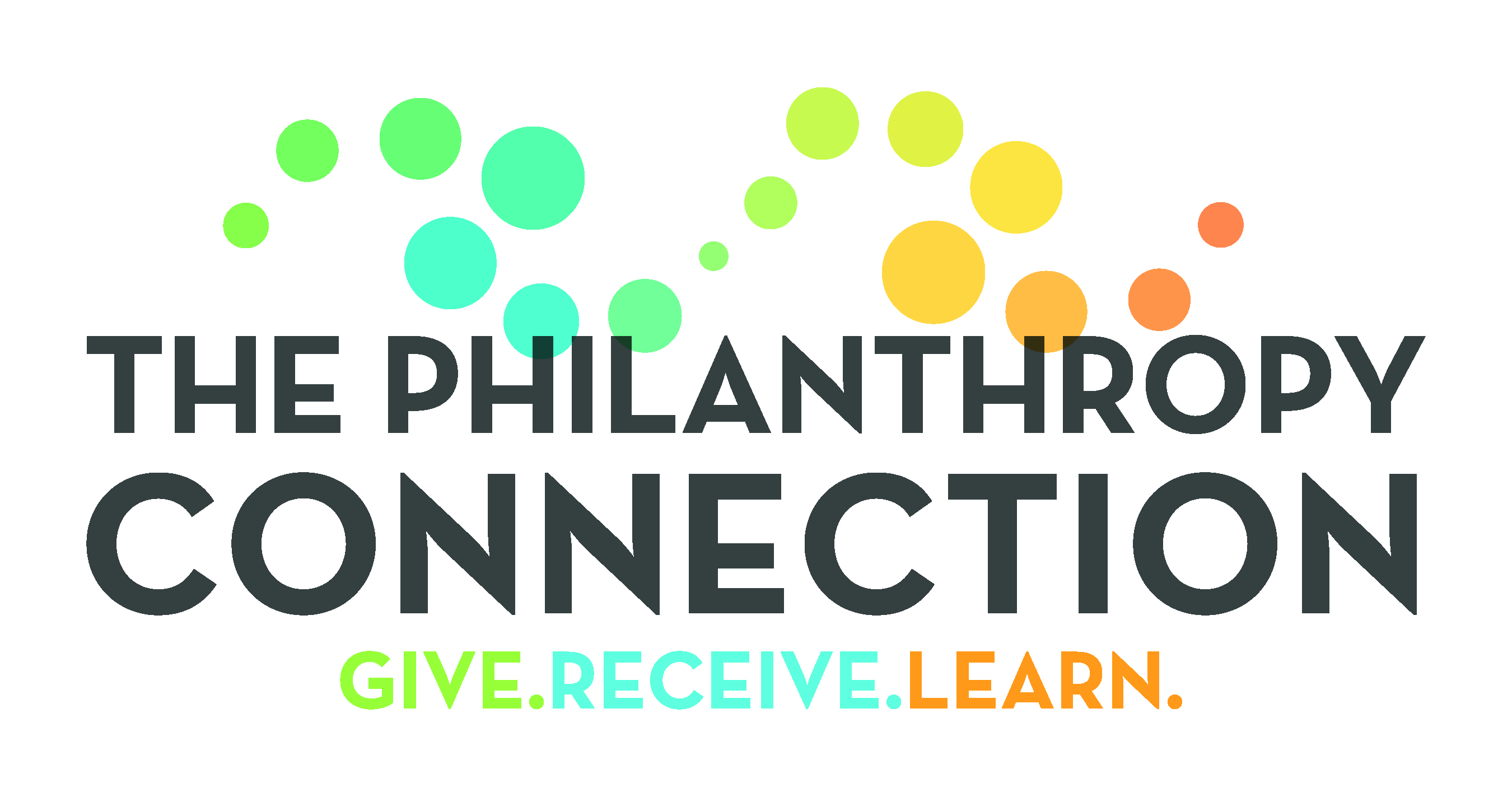Introduction to the Boston CASA Community
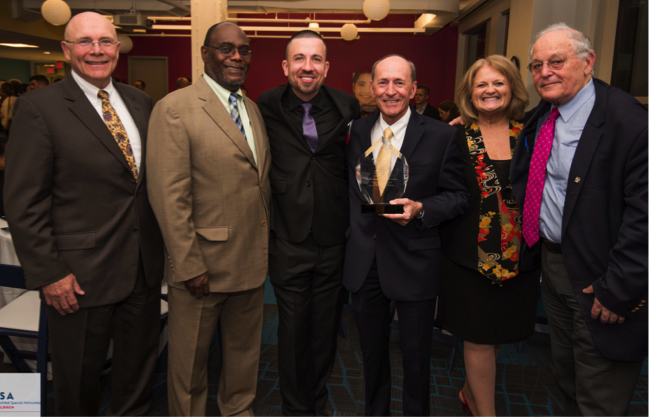 6th Annual Gala honoree Associate Justice Stephen M. Limon (pictured third from right)
6th Annual Gala honoree Associate Justice Stephen M. Limon (pictured third from right)
with CASA Executive Director Charles Lerner (left of Justice Limon) and members of the judiciary.
Article by CASA Liaison Margery Blume
As a newly appointed liaison to Boston CASA (Court Appointed Special Advocate), my initial exposure to the CASA community was attending the organization’s 6th Annual Gala, its major fundraiser, with fellow TPC member, Susan Lit. While the event space at the Nonprofit Center was set up as one would expect, and the program for the evening was similar to that of other nonprofit benefits, I was struck by a remarkable difference once I began circulating in the crowd. I encountered a ubiquitous energy and palpable excitement among the diverse group of individuals gathered that evening as they discussed the importance of Boston CASA’s work, which is to ensure that children who have experienced abuse or neglect have futures in a permanent home free of maltreatment, and a caring and consistent adult to advocate for them. Just as each of us would advocate for our own children or others whom we care about, a CASA assumes that role for a child in foster care to ensure that the child receives the resources and support he or she needs in order to thrive. I heard volunteer CASAs chatting about how fulfilling they found their work, and an Associate Justice with the Juvenile Court explain that having a CASA involved in a case provided him with the confidence of knowing that he was making his decision for what was in a child’s best interests based on comprehensive and accurate information. The passion, commitment, and belief in the CASA model shared by volunteers, staff, donors, social workers, and members of the judiciary was noteworthy and set Boston CASA’s community of supporters apart in a commendable and memorable fashion.
If you would like further insight into why the CASA model has inspired so many, from all walks of life, I urge you to listen to a judge’s perspective, a teen’s personal story, and reflections from experienced CASAs. I think you will find the six-minute video, “Transforming Lives,” an enjoyable and worthwhile use of your time.
Use and Impact of TPC Funding
To fulfill its mission of ensuring a safe and permanent home for court-involved children in Suffolk County who have experienced abuse and neglect, Boston CASA recruits, trains, and supervises community volunteers to serve as CASAs. While there are currently hundreds of underserved children in Suffolk and Middlesex counties whose futures are at risk by not having a consistent and caring adult in their lives, the process of recruiting, training, and providing professional support to volunteers is expensive. This has been – and remains – the primary constraint on Boston CASA’s growth. TPC’s funding has enabled the organization to build the infrastructure to fuel its significant growth by increasing staff and moving into a larger office at the beginning of 2017.
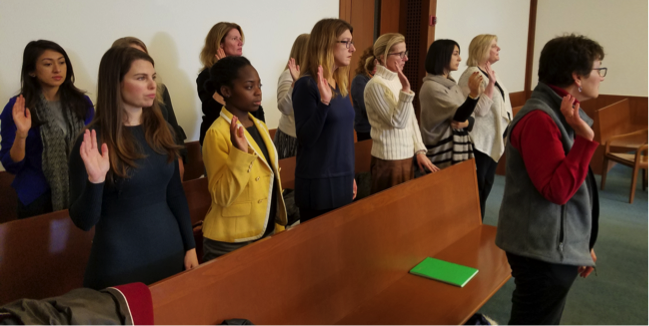
Boston CASA, a second-year grantee, has used our funding effectively to achieve meaningful growth in the number of children to whom it provides a CASA. In the 18 months since TPC’s engagement, Boston CASA has expanded its staff from 5 to 9, including adding 2 program supervisors and its first full-time development associate and administrative coordinator. As a result, by the end of 2017, CASA had increased the number of volunteers from 75 to 120, with the number of children served increasing to 180 (some volunteers work with sibling groups so serve more than 1 child), up from 148 last year and 109 the prior year. For 2018, Boston CASA expects to serve 250 children. A child with a CASA volunteer is more likely to find a safe, permanent home; is half as likely to re-enter the foster care system; and is more likely to succeed in school.
Boston CASA has been selected by Social Venture Partners as its Fall 2017 Grantee, highly prestigious recognition bringing both funding and human capital to sustain and accelerate Boston CASA’s progress. This is an excellent example of the success of TPC’s model, which provides early funding to worthy non-profits with exceptional potential at a critical stage in their development to enable them to demonstrate performance and attract follow-on funding.
Plan for the Next Three to Five Years
Social Venture Partners Boston will provide Boston CASA with up to three years of support, including $100,000 in unrestricted funds, and access to a pool of highly skilled business professionals to help build capacity, develop evaluation tools, and refine its strategic growth objectives.
Boston CASA’s major emphasis for the next 3 years will remain on growth in Boston/Suffolk County to expand the number of children served, with a goal of 250 for 2018. While that target represents ambitious growth, one should be aware that there are about 2,000 court-involved children in Suffolk and another 1,200 to 1,300 in neighboring Middlesex County, where there is no CASA program. The extent of the unmet need is undefined because there is not a waitlist system, but the belief that the vast majority of the court-involved children would benefit from a CASA appears unchallenged.
How are cases assigned under the current system? The Justices of the Juvenile Court in Suffolk County decide among themselves as to which cases are most urgent and then they refer when CASAs are available – typically when a new training class graduates and is sworn in. While the current informal system is working, Charles Lerner, Executive Director, would actually welcome a formal waitlist process to document and highlight the unmet need.
While Suffolk County will remain the focus of Boston CASA’s work for at least the next three to five years, the organization has agreed to initiate a small, controlled pilot program in Middlesex County with a few cases beginning in 2018 to demonstrate proof of concept as a “call to action” for the court. The intent is to grow the pilot program very slowly, review the results in three years to demonstrate impact, and then discuss a plan to partner and move forward.
Background on CASA Programs Nationwide
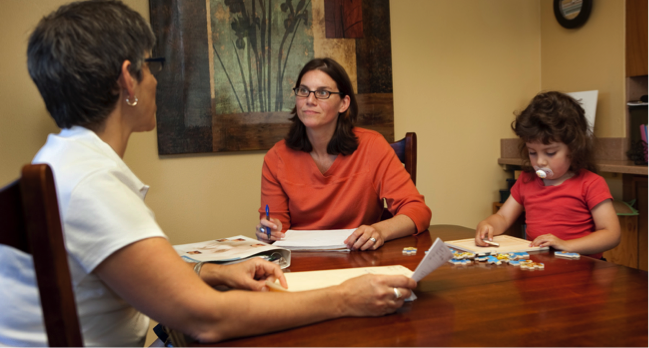
As background, Court Appointed Special Advocates began in 1977 when a Seattle juvenile court judge, concerned about making drastic decisions with insufficient information, conceived of the idea of citizen volunteers speaking up in the courtroom for the best interests of abused and neglected children. Today, the network has grown to almost 1,000 CASA and guardian ad litem programs supporting volunteers in 49 states and the District of Columbia.
Boston CASA was created in 1982 and initially funded by the Suffolk County Juvenile Court. In January 2012, Boston CASA became an autonomous nonprofit and hired its first Executive Director, Charles Lerner, who continues to lead the organization today. There are currently six CASA programs in MA, with Boston and Worcester being the only independent non-profits, and the remaining four programs exist within larger organizations with a mix of state and relevant court funding. As referenced above, in Boston CASA’s plans for the next three to five years, the total absence of CASA support in Middlesex County (just across the river from Boston) and on the Cape, present compelling needs that may represent opportunities for future growth to be explored by Boston CASA.
Charles Lerner’s Path to Boston CASA
Charles is a former foster youth, and an adoptive parent, who trained as a professional marriage counselor and family therapist with a background in mental health. He has over a decade of experience in management positions for organizations serving children and youth in foster care, and he led the first LGBT foster to permanency program in the country. He has spent 15 years in the child welfare field and was Program Director at CASA of Santa Cruz in California before being recruited to Boston CASA. We are so fortunate that he moved east!
Ways to Support Boston CASA
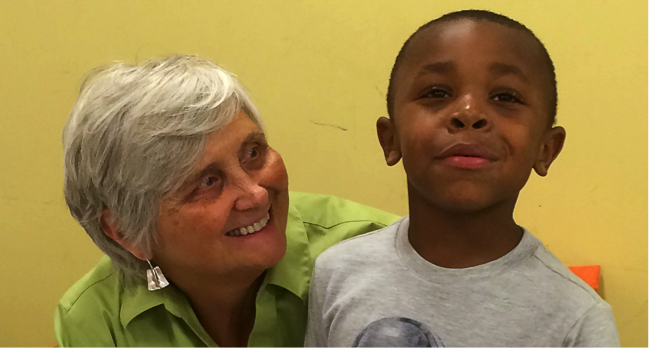
Boston CASA believes that every child in foster care deserves the quality of care we expect for our own children, deserves a voice, and deserves a safe and permanent home. Here is how you can help CASA get closer to that goal:
1. Host a gathering of friends or professional associates to learn about Boston CASA’s work. Executive Director, Charles Lerner, welcomes opportunities to meet with members of the community interested in learning more about the foster care system in MA and how they could support children under court supervision. The proposed events will be informative and informal discussions and donations will not be solicited or expected. Please contact Annie Hayes, Development Associate, if you would like to discuss hosting an event (annie@bostoncasa.org or (617) 780-4055, ext. 109).
2. Consider attending a public information session to determine whether you are in a position to undertake the requisite training and to make the commitment to become a CASA. Go to Boston CASA’s website and click on “Get Involved” for a quick self-assessment and dates of upcoming information sessions.
3. If there are any men or Spanish speakers in your life who might be willing to volunteer, encourage them to consider attending an information session. Male and Spanish speaking volunteers are scarce resources in high demand as volunteer CASAs.
5. Consult Boston CASA’s wish list from time to time to see if you can help. Volunteers with WordPress or QuickBooks experience to work a couple of hours a week at the organization’s office at 85 Merrimac Street in Boston are in high demand. The professional staff would be thrilled to meet you to discuss having you join the team.
